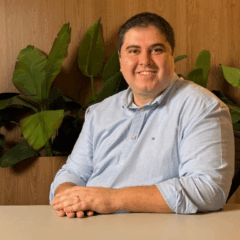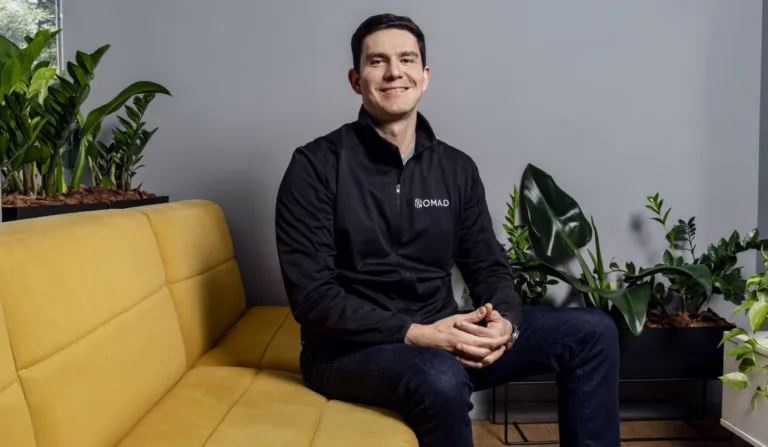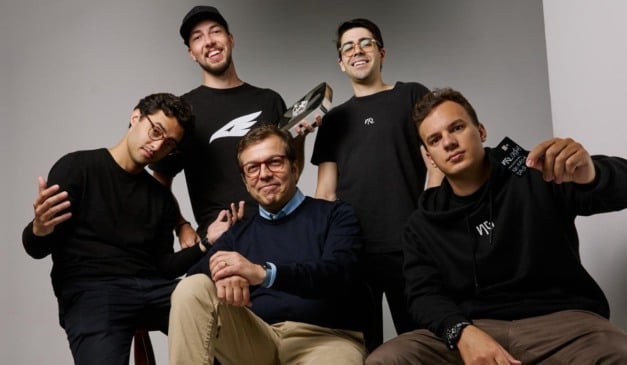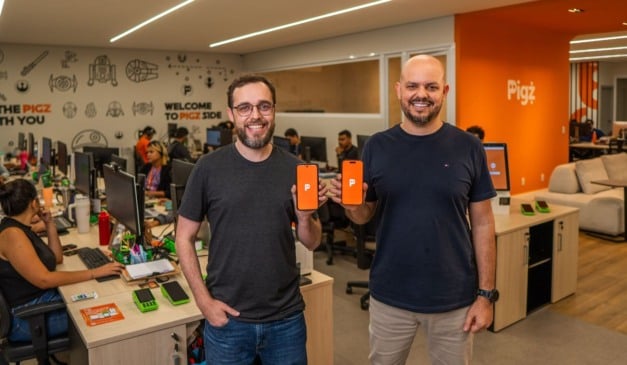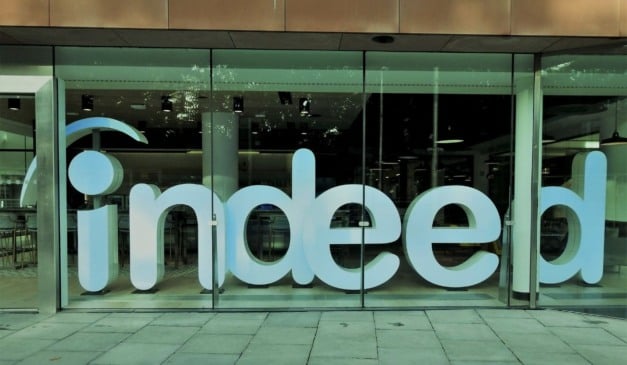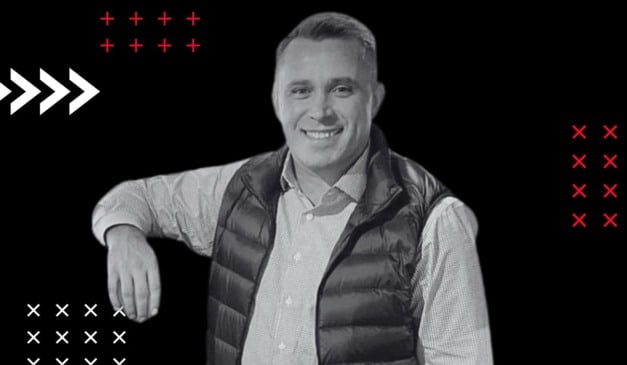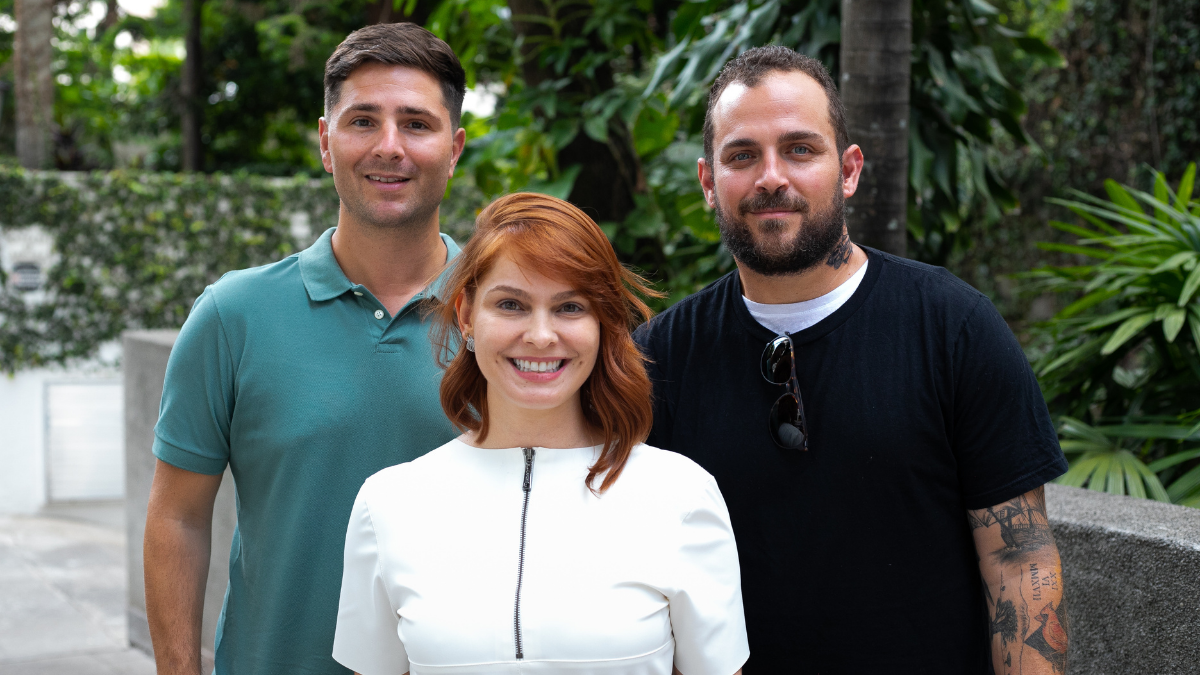
Brazil-based equity crowdfunding platform Vegan Business is preparing to raise up to BRL 4 million (USD 700,000) in capital for early-stage startups focused on the plant-based market in 2022, ahead of plans to increase deal size and expand internationally.
Founded by Brazilian-Danish entrepreneur and angel investor Christian Wolthers in 2018, Vegan Business started as a portal publishing content on business and innovation in the plant-based sector. After building a community of individuals interested in the industry and joining UK venture capital fund Veg Capital as an investment advisor and co-investor, VB evolved to become an equity crowdfunding platform and received regulatory approval to operate in October 2021.
Next week, the base of over a thousand investors that have signed up to back the startups selected by Vegan Business will receive details about the first crowdfunding round. In this first fundraising effort, a cosmetics business will aim to raise BRL 460,000 (USD 80,000). According to Wolthers, four early-stage companies from sectors such as foodtech – including firms active in segments such as cell-based meat – and fashion with revenue between BRL 20,000-100,000 will hold a total of eight funding rounds through the platform in the coming months.
According to Wolthers, VB will aim for 12 funding rounds in 2023 and to increase deal size. Currently, the Brazilian Securities Commission has established a BRL 5 million (USD 880,000) threshold for equity crowdfunding platforms – actors in the ecosystem expect that will increase to BRL 10 million (USD 1.7 million) soon. Also, next year, the company will be building an English-language platform and will look to raise a new round to fuel its expansion plans.
Vegan Business’s ultimate goal, according to its founder, is to enable plant-based businesses with growth potential around the world to raise funding, however, the platform as it stands can only raise capital for Brazilian companies – even though foreign backers can invest. Furthermore, according to Wolthers, the jurisdiction that would be most favorable to set up the backend for the global platform is yet to be decided.
“We operate across a three-pillar structure: media, equity crowdfunding, and advisory. That can help the company’s raising efforts in many ways, and that’s what I’m looking to replicate globally”, Wolthers noted.
According to the entrepreneur, the content published by Vegan Business, which is attracting 70,000 page views a month, contributes to attracting leads and investor interest. “We wouldn’t be here if it weren’t for the community we’ve built through content, and that also helps companies raise capital and get the word out – we are unique in that respect,” he pointed out.
Having raised BRL 1.7 million (USD 300,000) in seed capital in 2020, VB plans to co-invest in all the companies raising funds through the crowdfunding rounds. In addition, Wolthers, alongside co-founders Nadia Gonçalves and Grant Lingel, will also invest their own money in the rounds as individuals. According to the entrepreneur, VB will have a hands-on approach and plans to be closely involved with developing the startups of its portfolio.
Different from the average carry fee of 15-17% charged by most equity crowdfunding platforms, VB charges investors a commission of 10%, according to Wolthers. “We want to democratize the possibility of investing in [vegan] businesses,” says the founder, adding the minimum investment ticket is BRL 1000 (USD 175).
Lifestyle changes
Vegan Business’s roots date from 2017 when Wolthers discovered he would become a father. The Danish-Brazilian entrepreneur – who was already close to the healthy lifestyle debate as co-founder of meditation and wellness platform Zen – decided to take a step further and embrace veganism.
“As I was reflecting on how to educate a child, I started to think about the things I could improve in my own life to be more coherent and an actual example to my daughter. At that point, I stopped eating meat, donated all my clothes that had an animal component, and never looked back. Today, my entire family is vegan”, said the entrepreneur, who has two children and is married to Juliana Goes, a journalist and online influencer who co-founded Zen with Wolthers in 2016.
What Wolthers did not anticipate is that choice would spawn an entire professional shift. Started as a side hobby while Wolthers was still serving as CEO at Zen, a role he stepped down from in October 2021, Vegan Business was intended to track the evolution of the entrepreneurship, funding, and innovation news in the Brazilian plant-based business scene.
“I used to travel quite a lot to California and used to stay a few months a year in Denmark and England. During those trips, I would notice how much traction plant-based foods were getting and how people were embracing them, while the Brazilian market was only getting started”, he noted.
“At that time, we had a lot of activist content in Brazil around veganism at its core. So I thought that my way of doing activism would be to bring [that topic] together with things I love, so entrepreneurship, innovation, venture capital investment”, the entrepreneur added.
While seeking a content writer for the website, he met Gonçalves, who was also transitioning into veganism and looking for a career change and then joined Wolthers as a co-founder. Lingel, a writer, and consultant who previously served as chief executive at Neil Patel Digital in Latin America joined the duo last year.
Community focus
As Wolthers immersed himself in the vegan sector, he changed his angel investment thesis to only back vegan companies, the first being Super Vegan, a chocolate manufacturer based in Santos, a coastal city in the Brazilian state of São Paulo. He will keep investing individually in addition to his activities on the equity crowdfunding front.
Vegan Business will surely keep him busy: by January 2023, the entrepreneur expects to have successfully raised the rounds planned for 2022 and be readying the first round above BRL 1 million (USD 180,000) and making inroads towards the global expansion. Additionally, Wolthers expects to attract a pool of qualified individuals who can support the crowdfunding rounds with more than just capital.
“We expect to bring in investors that will be able to contribute to the companies that they have invested in [beyond cash]. Community is what equity crowdfunding is all about”, Wolthers noted, in reference to investors such as online influencers with “distribution power” and might be able to help invested companies get more visibility.
According to the entrepreneur, building this network of investors is precisely one of the main challenges ahead. “We will have to grow our investor community throughout 2022 and generate interest, so people want to look into [the plant-based business] space. Just like in every venture capital firm, we also have the challenge to find the right deals”, Wolthers pointed out. “But we are confident about getting there, to the point we will be eventually raising larger rounds.”

